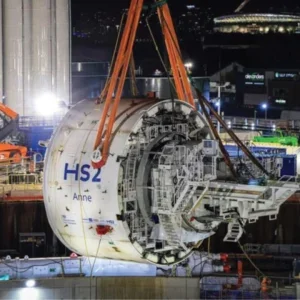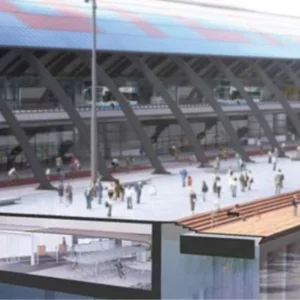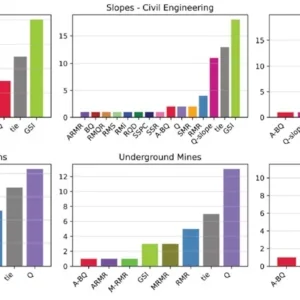Tunnellers and engineers will have been as shocked as the rest of the world at the appalling Austrian alpine resort tunnel disaster; undoubtedly they would want to make known as a profession their condolences to the relatives of the many victims.
But there is more for them to think about. This disaster is likely to have a special significance in the minds of the public, coming not only as another in a sequence of recent fire catastrophes but as the first tunnel disaster on a scale comparable with an airplane crash or ship sinking. The Channel Tunnel fire was severe and the Mont Blanc and Tauern road tunnel fires last year each deeply shocking. But Kitzsteinhorn is exceptional and its impact on tunnelling will be great.
It is reported that local Austrian ski resorts have suffered a 95% drop in bookings since the accident, partly due of course to shock and from respect for the dead. But there is a new fear being expressed too which could translate into a more general antipathy to tunnels, at least in their use for transport.
In the coming period engineers will have to battle hard to convince the public, and the politicians that represent them, that tunnels need not be, nor are, inherently dangerous. More than that of course, tunnels represent a best solution for many problems of infrastructure and services provision.
But that cannot mean ignoring or making light of the undoubted dangers and difficulties that can exist in tunnels if they are badly or inadequately designed, or anyway not fitted to modern standards.
The Titanic disaster seemed like the end of the great era of cross-Atlantic steamers in 1912; instead it was the end of the old Empire certainties. But shipping continued and achieved even greater things after the First World War. It was new technology, the airplane, which finally killed the Blue Riband liners, though they survive still today as luxury cruise ships.
Tunnelling has by no means yet demonstrated, or exhausted, anything of the great potential it has to serve mankind. But to go forwards will mean changes just as the shipping disasters meant changes in the way steamships were designed. The Titanic it was recently revealed, had been deliberately left without sufficient lifeboats because it would “spoil the lines”. Proper provision for emergency and other technological advances were added to make shipping safer post-war.
Mont Blanc tunnel is being refitted with upgraded safety provision and monitoring systems as we report this month. Whether it is enough remains to be seen but it is likely to be the direction in which tunnelling must go.
Safety provision at new standards has become a paramount issue in tunnelling now and engineers will have to grasp that nettle if we are to go forwards.






